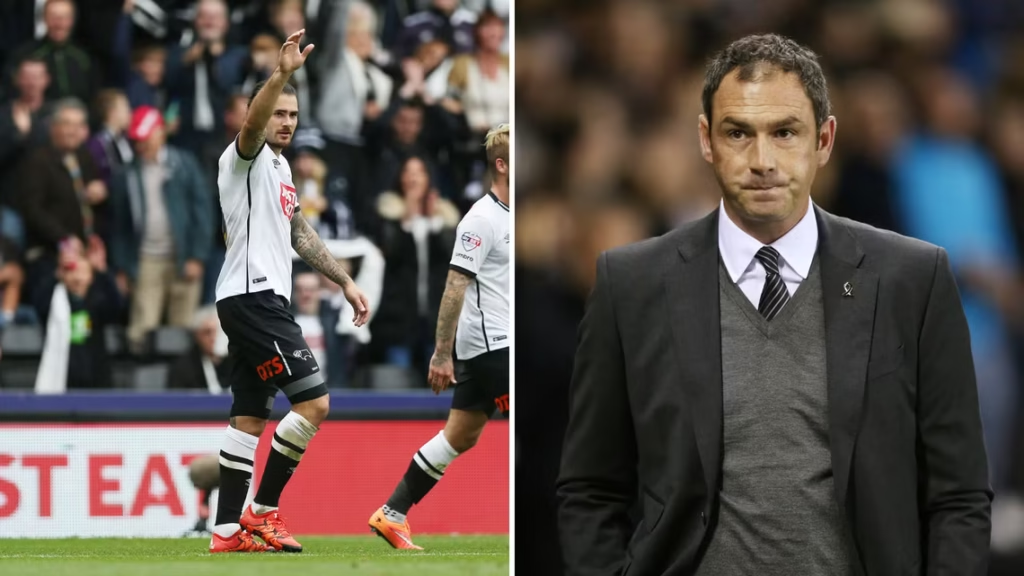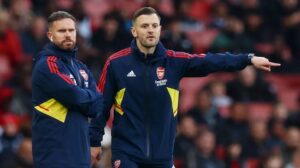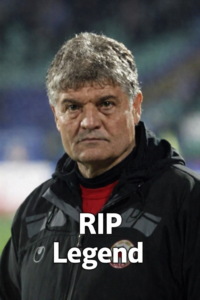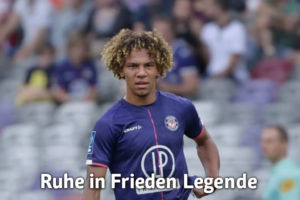
When Derby County spent a then-record £6 million to sign Bradley Johnson from Norwich City, head coach Paul Clement hailed the move as a “major coup.” Although Johnson didn’t ultimately lead the team to Premier League promotion, he certainly proved to be a valuable asset during his time at the club.
“Signing Bradley is a huge moment for the club,” Clement said in the 2015 deadline day statement. “We’ve been looking to add not just depth but real quality to our midfield, and Bradley brings both. His experience is priceless—he’s played in the Premier League, knows how to earn promotion, and is a natural leader.”
Johnson’s arrival signaled the ambitions of Derby’s new owner, Mel Morris. At 29, Johnson already had more than 100 league appearances for both Leeds United and Norwich City under his belt. He had helped Leeds win promotion from League One in 2010 and was a key part of the Norwich side that beat Middlesbrough in the 2015 Championship play-off final to reach the Premier League. In total, he played 101 top-flight matches and 41 Championship games for the Canaries, including a start in a 3-0 Premier League win over Southampton just days before moving to Derby.
Johnson’s signing was among the first big moves under Morris, who initially bought a 22% stake in Derby in 2014 before taking full control the following season. A lifelong fan, Morris had ambitious plans for the club, and Johnson’s arrival was meant to spearhead a return to the top flight after Derby’s miserable 2007/08 Premier League campaign, where they were relegated with just one win and a record-low 11 points.
Though Johnson never quite managed to guide Derby back to the Premier League, he was a consistent performer. Across four seasons, he made 125 league appearances and scored 14 goals, playing a total of 140 matches for the Rams. Derby reached the play-offs three times during that span—falling to Hull City in 2016, Fulham in 2018, and Aston Villa in the 2019 final.
If promotion eluded them, it wasn’t down to Johnson. The club struggled with instability off the pitch. Clement, despite his praise for Johnson, was dismissed in early 2016 after just eight months, blamed for not building on Derby’s previous playing style. He was the first of several managers to come and go during Johnson’s time. Nigel Pearson was appointed next but left within months after a clash with Morris. Steve McClaren returned but was sacked again in 2017, followed by Gary Rowett, who left for Stoke in 2018. Frank Lampard took over next and was still at the helm when Johnson left in 2019, joining Blackburn Rovers on a free transfer.
Johnson spent three seasons with Blackburn before moving to Milton Keynes for one final year as a player. In 2023, he returned to Derby as a player-coach and is now an assistant coach with the club’s under-18s. He also briefly stepped into a caretaker role for the first team after John Eustace was sacked in February 2025. Since Johnson’s departure in 2019, Derby haven’t come as close to promotion as they did during his time on the pitch.
While Johnson didn’t fulfill the Premier League dream at Derby, he played a vital role during one of the club’s most competitive periods in recent history—something fans and the club won’t soon forget.







